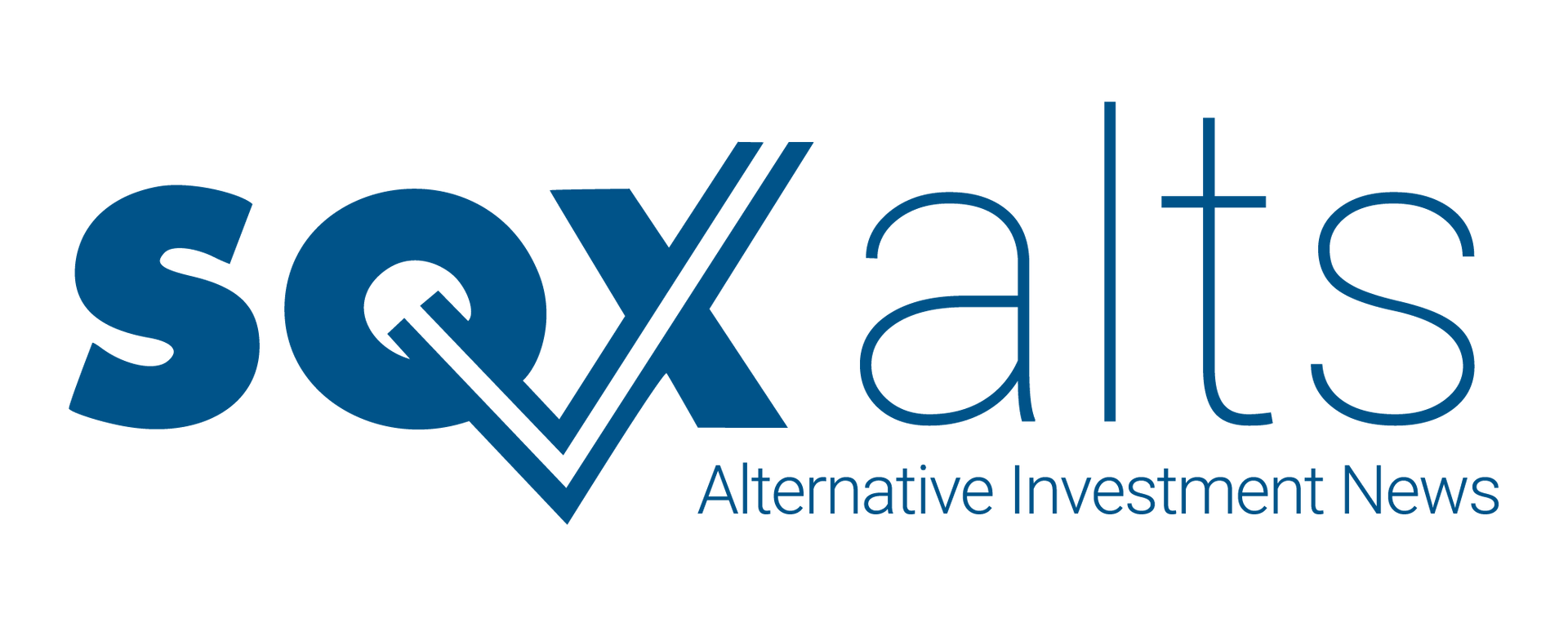BlackRock Reports 15% Stake in Summit Hotel Properties
The investment giant’s holdings are primarily driven by passive strategies through affiliated funds like iShares ETFs.
July 18, 2025

BlackRock Expands Ownership in Summit Hotel Properties with 15% Stake
BlackRock just disclosed a sizeable stake in Summit Hotel Properties, locking in ownership of 15% of the company’s outstanding common stock as of June 30, 2025. That translates to roughly 16.88 million shares—held entirely through BlackRock’s business units and investment vehicles.
This kind of position is what you’d expect from one of the world’s largest asset managers. The shares are spread across institutional portfolios, ETFs, and advisory platforms, including the iShares Core S&P Small-Cap ETF , which on its own now holds more than five percent of Summit’s equity.
BlackRock holds full discretion over these shares. It reported sole voting power over about 16.57 million shares and sole dispositive power over the full 16.88 million. There’s no shared control—meaning all decisions tied to these shares flow through BlackRock-managed entities.
Importantly, this isn’t a move to influence management or strategy. BlackRock made it clear: these shares were acquired in the normal course of business, with no intention to change or steer the company. That lines up with how BlackRock typically operates—its larger holdings are often built through passive strategies, particularly in index-tracking funds.
For Summit, this kind of institutional attention signals continued relevance in the public REIT space. The company owns a portfolio of upscale hotels and serves both leisure and business travelers—a segment that’s gained renewed interest as travel patterns stabilize. With income-focused investors looking for dependable yield, REITs like Summit stay in focus.
The Schedule 13G filing includes the standard certifying statement from BlackRock, signed by a managing director, along with exhibits identifying the relevant subsidiaries behind the investment.
This is a clear example of how institutional investors shape public markets, even when acting in a non-activist capacity. When a firm like BlackRock increases its position, the signal is straightforward: the security fits within its broader strategy—and it’s committed to tracking and managing the exposure with discipline.
Share
Read More Articles


